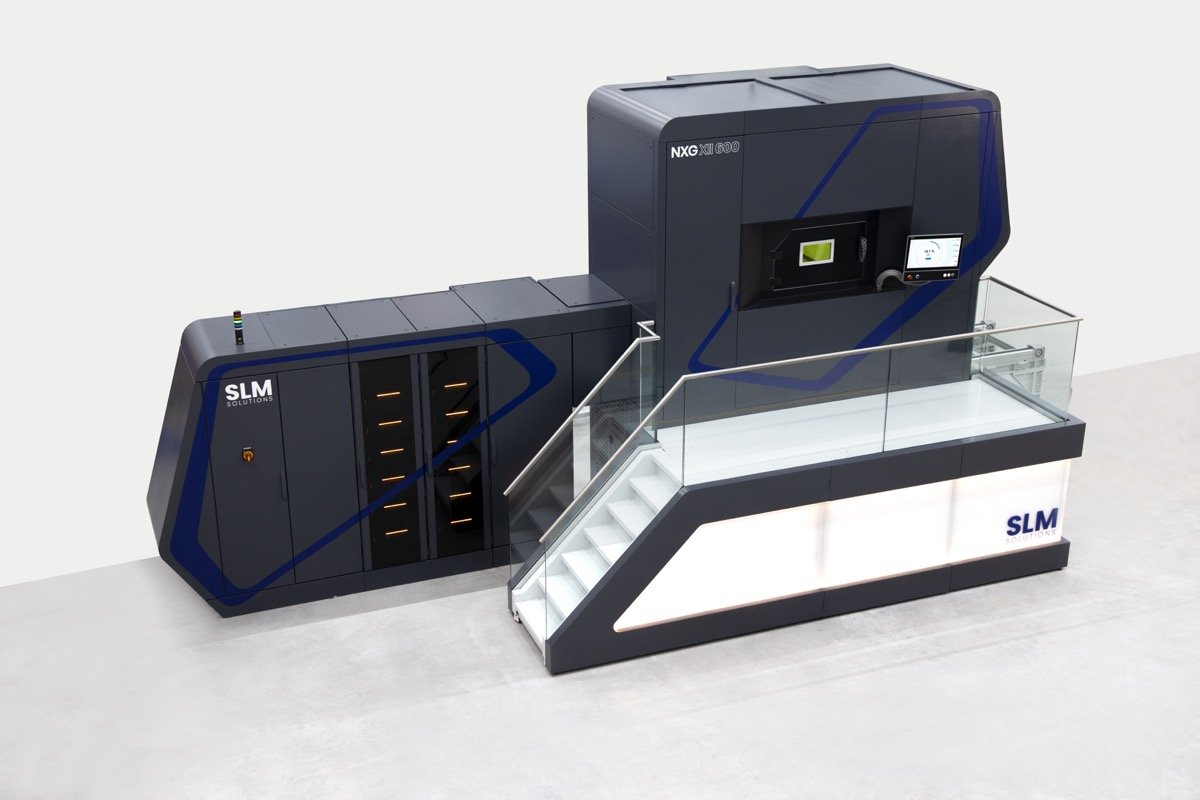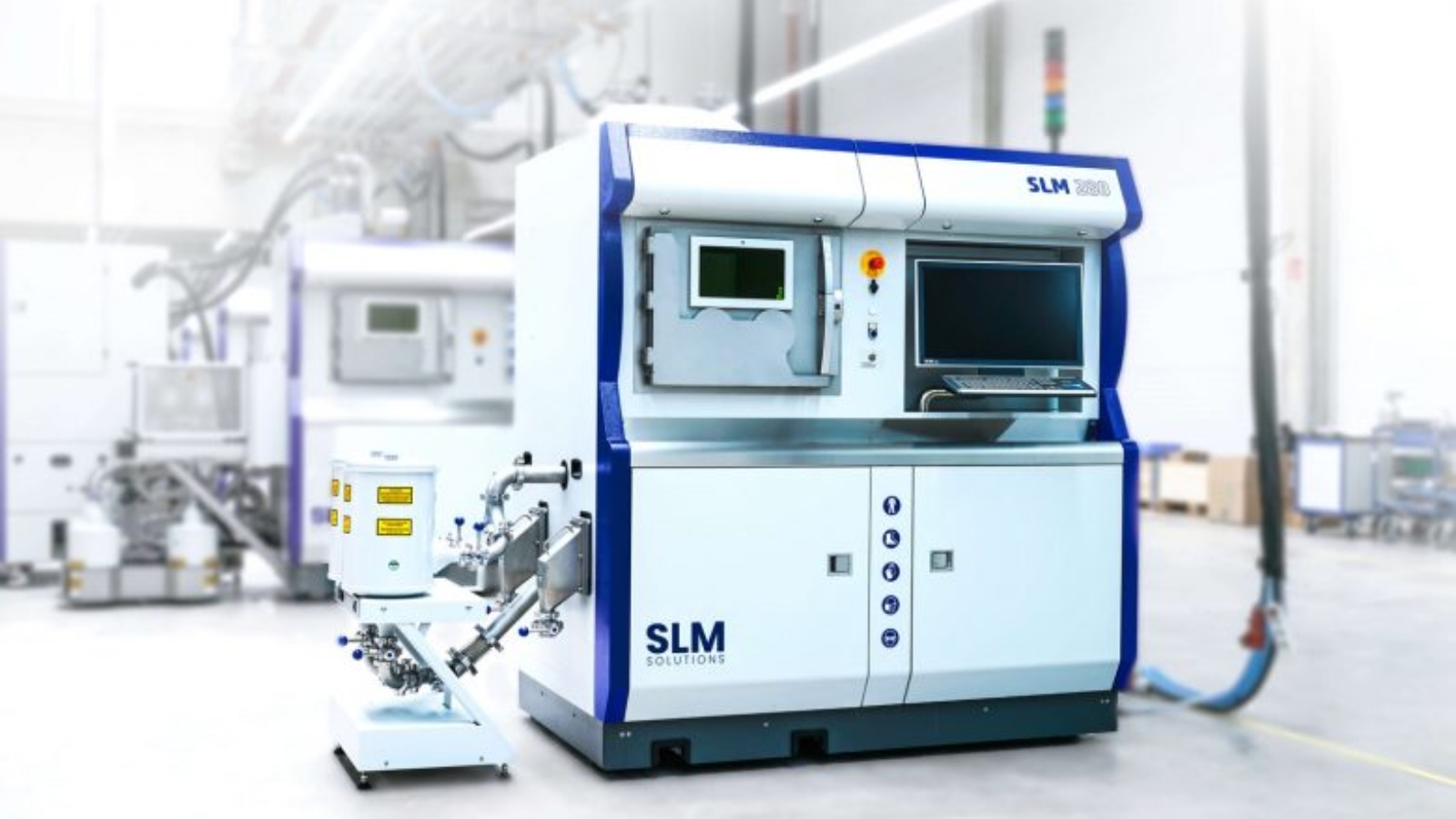SLM Solutions, a leading metal additive manufacturing technology provider, has entered a collaboration with the Danish Technological Institute (DTI) to scale up the industrialization of additive manufacturing. This partnership is set to revolutionize the metal additive manufacturing industry by developing new outstanding parameters for SLM machines and the NXG XII 600.
With their recently acquired SLM280 2.0, DTI is developing faster process parameters for stainless steel 316L and copper alloy CuCr1Zr to support cost-effective production – taking advantage of SLM Solutions’ open architecture. The material development collaboration will create new application opportunities for advanced components – where electrical and thermal conductivity are crucial – and sturdy stainless steel components can be manufactured with ‘lightning-fast processes’.
“We are thrilled to be collaborating with DTI on high-productivity solutions for 316L and CuCr1Zr. DTI will follow the SLM Solutions standards of material development and qualification, enabling us to provide material parameters of the same high quality as any other new SLM material parameter,” said Christoph Wangenheim, Head of Additive Material Products and Development at SLM Solutions.

The partnership between DTI and SLM Solutions is the continuation of the companies’ long-term relationship. “The collaboration with SLM Solutions is extremely interesting for us. With SLM Solutions’ expertise in special alloys for additive manufacturing, this collaboration gives us a unique insight into future possibilities,” said Ellen M. J. Hedegaard, Business Manager at DTI.
Manufacturing on Demand
The development allows the copper alloy CuCr1Zr to be printed in varying layer thicknesses and creates new business cases for AM to be used for advanced components where electrical and thermal conductivity are important. With up to 92% IACS after heat treatment, CuCr1Zr still features very high electrical conductivities at up to 300 MPa ultimate tensile strength.
SLM Solutions’ stainless steel 316L, on the other hand, is an austenitic high-chromium steel with excellent processability on SLM Solutions’ AM machines. 316L is often used in applications requiring good mechanical properties and excellent corrosion resistance, especially in chloride environments. DTI will develop faster process parameters for stainless steel 316L – making it possible to print components at a lower price.
DTI is a leading research and technology institute with over 30 years of experience in additive manufacturing. Their modern facilities in Aarhus offer 3D printed components in a range of metal and polymer materials – utilizing a wide variety of additive manufacturing technologies.
With this partnership between SLM Solutions and DTI, further industrialization and increased use of metal-based AM is expected.
You might also like:
Oris collaborates (again) with 9T Labs to create the ProPilot Altimeter watch: The carbon fiber composite cases for the Oris ProPilot Altimeter wristwatch were produced using 9T Labs’ Red Series Additive Fusion Technology (AFT). This high-functioning timepiece, which indicates an altitude of up to 6,000 meters (19,700 feet), is an updated version of the 2014 original. The ProPilot Altimeter’s carbon fiber composite watch case is 70 grams lighter, and 1 mm thinner, than the original stainless-steel case.
* This article is reprinted from 3D Printing Media Network. If you are involved in infringement, please contact us to delete it.
Author: Edward Wakefield


Leave A Comment